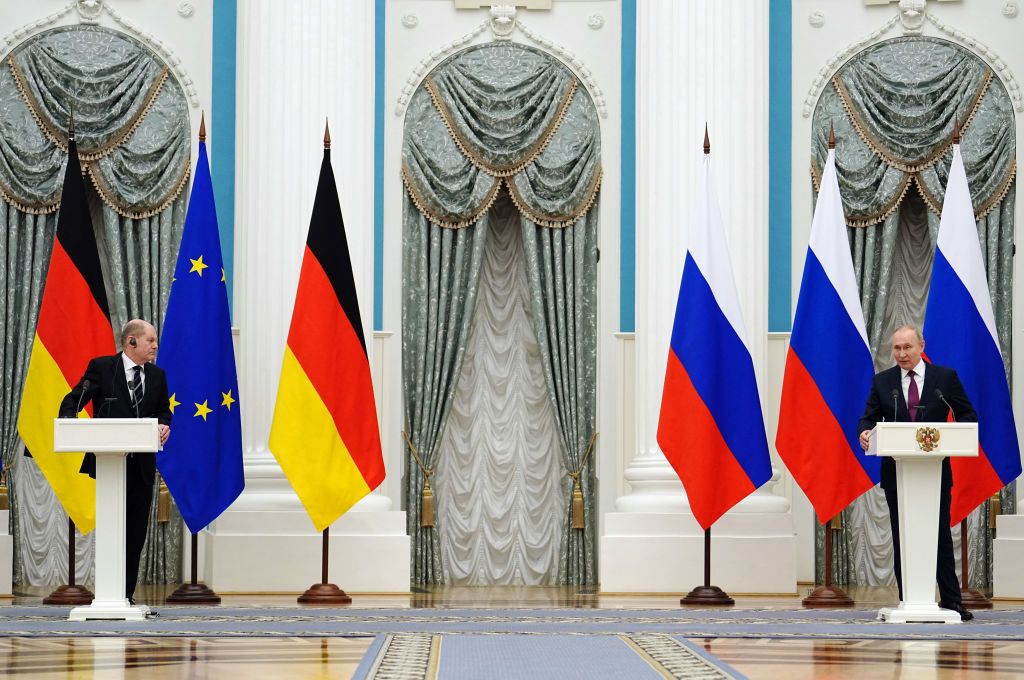
Key developments on Nov. 15:
- Scholz condemns war, urges Russia to negotiate with Ukraine in first call with Putin in nearly 2 years
- Drone attack reported in Russia’s Krasnodar region, explosions heard near military airfield
- Russian troops plant flag at border in Chernihiv Oblast, Border Guard says no major offensive detected
- Trump says Russia-Ukraine war ‘gotta stop’
- Ukrainian military fighting in Russia to receive additional financial rewards
Russian President Vladimir Putin and German Chancellor Olaf Scholz spoke by phone on Nov. 15, their first direct call in nearly two years, according to a German government statement.
Earlier in the day, Bloomberg reported that Putin and Scholz were scheduled to speak, though it did not specify the time or topics of discussion. The call, unannounced by either Moscow or Berlin, lasted about an hour, Reuters reported.
The last phone call between Putin and Scholz occurred on Dec. 2, 2022. Scholz is the first head of government from a European Union country supporting Ukraine to resume direct contact with Putin.
During the conversation, Scholz condemned Russia’s war against Ukraine, calling on Putin to end it and withdraw Russian troops from Ukrainian territory. He also urged Russia to negotiate with Ukraine to achieve a “just and lasting peace.”
“Germany has unwavering determination to support Ukraine in its defensive struggle against Russian aggression for as long as necessary,” the German government’s statement read.
Zelensky warned later in the day that Scholz’s call with Putin opens a “Pandora’s box,” potentially leading to “other conversations and other calls.”
Scholz had informed Zelensky in advance of his intention to call Putin. Zelensky reportedly responded, “This will just make Putin feel that the isolation is decreasing,” according to Suspilne, citing an undisclosed source in the Presidential Office.
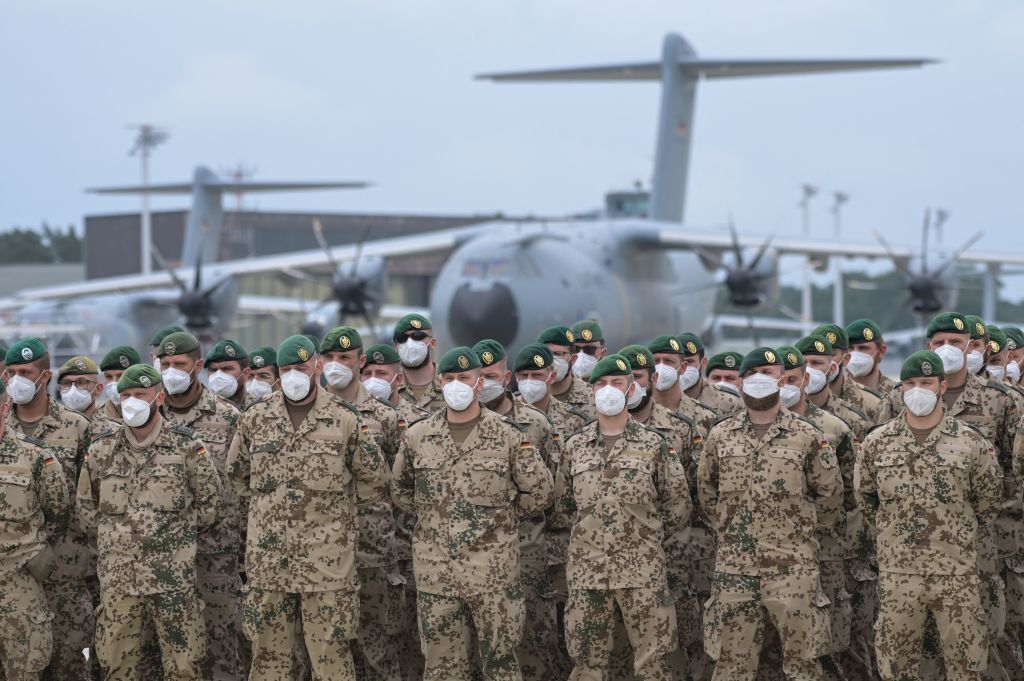
In his evening address, Zelensky criticized any negotiations that could ease Russia’s isolation without meaningful outcomes. “It is extremely important for Putin to loosen his isolation, Russia’s isolation, and to conduct ordinary negotiations that will not result in anything — as he has been doing for decades,” Zelensky said.
“This has allowed Russia to change nothing in its police, to do nothing in essence, and this is exactly what led to this war.”
Zelensky also reiterated that there would be no “Minsk-3,” referencing the Minsk agreements of 2014 and 2015, which proposed creating autonomous zones in Russian-occupied areas of Donetsk and Luhansk oblasts but excluded mention of occupied Crimea.
Ukraine’s Foreign Ministry also expressed concerns over the Scholz-Putin call, stating that such lengthy conversations have been a tool Putin has exploited for over 20 years, now providing him hope for easing his international isolation.
“Even if the German chancellor did not express any positions contradicting Ukraine’s stance, conversations with the Russian dictator do not add value in achieving a just peace,” the ministry said in a statement.
Germany, Ukraine’s main European backer, is facing internal political turmoil. The center-left coalition led by Scholz has weakened, while opposition leader Friedrich Merz is eyeing the chancellorship.
Both Scholz and Merz have pledged to maintain aid to Ukraine in line with current policies.
However, an expert told The Kyiv Independent that the Trump administration’s stance “will have a much larger impact on Germany’s policies than whether the next German chancellor is Friedrich Merz, Olaf Scholz, or any other likely candidate.”
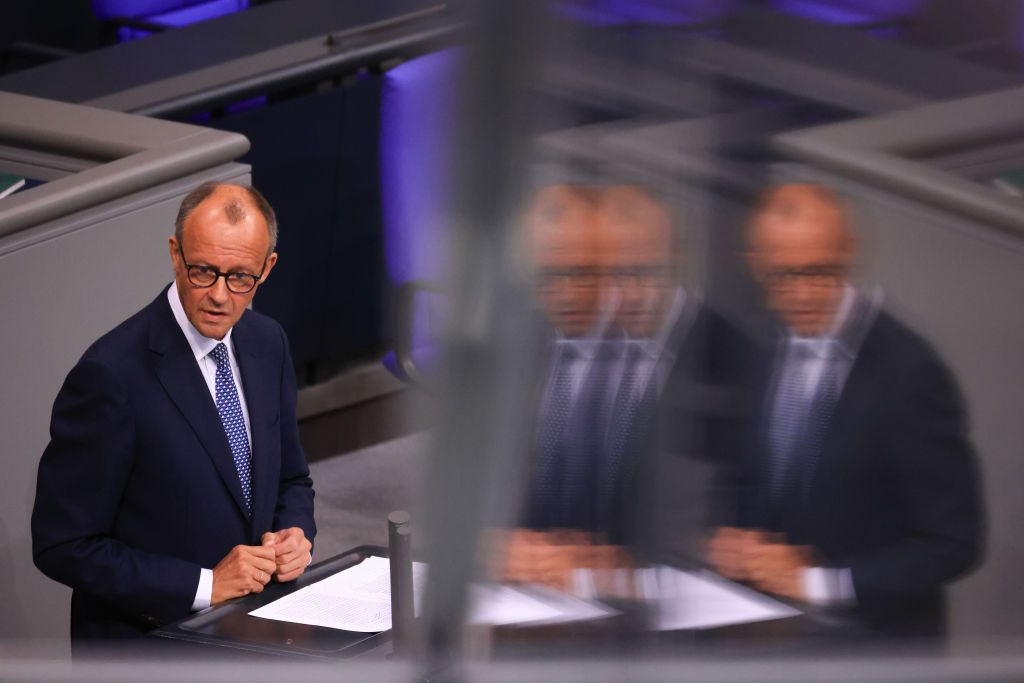
Drone attack reported in Russia's Krasnodar region, explosions heard near military airfield
Russia’s Krasnodar region came under a “massive drone attack” overnight on Nov. 15, Governor Veniamin Kondratiev reported via his Telegram channel. One of the targeted districts hosts a military airfield.
The governor said that two municipalities in the region were targeted, with Russian air defense intercepting approximately 36 drones over the Krymsk and Krasnoarmeisk districts.
In Krymsk, debris from a drone fell on four residential properties, damaging the roof of one house and a car, according to Kondratiev. In the Krasnoarmeisk district, drone debris allegedly caused damage to the roof of a private house. No casualties were reported.
The Russian telegram channel Astra cited local sources suggesting the drones may have been targeting the Krymsk military airfield. This claim has not been confirmed by official sources, and the governor has not commented on it. The Ukrainian military has not commented on the attack.
Astra noted that earlier reports from local officials claimed 46 drones had been intercepted over the Krymsk area. Astra said that his statement was later removed without explanation.
The Russian Defense Ministry later said that its forces had intercepted 51 Ukrainian drones overnight, including 36 over the Krasnodar region, 10 over the Azov Sea, three over Russian-occupied Crimea, and another two over the Belgorod region.
Outmanned and outgunned on the battlefield, Ukraine has turned to homemade drones to try to exhaust Russian combat capabilities as much as possible from afar, targeting Russian military-industrial complex facilities, airbases, or oil refineries.
While Ukraine regularly claims attacks deep into Russia, it is difficult to verify the authenticity of the reports and the scale of the damage inflicted.
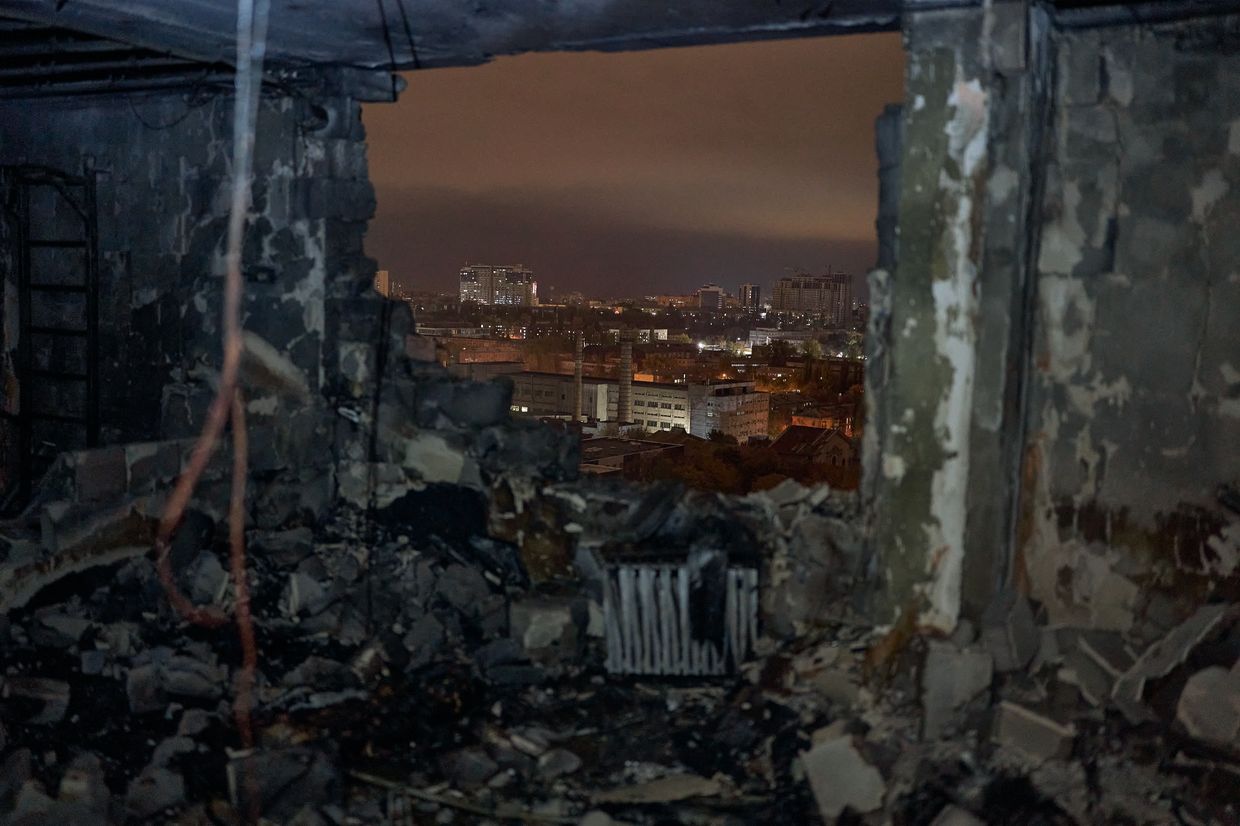
Russian troops plant flag at border in Chernihiv Oblast, Border Guard says no major offensive detected
State Border Guard spokesperson Andrii Demchenko confirmed to the Kyiv Independent that a Russian sabotage group planted a Russian flag near the border in Ukraine’s Chernihiv Oblast, but said that the event occurred in the grey zone and Russian troops did not launch a major offensive in the region.
Demchenko’s statement comes on Nov. 15 after Russian military bloggers posted videos purportedly showing Russian troops planting a flag on the bridge over the Sudost River near the border settlement of Hremiach and claimed they entered Hremiach and Muravi.
Demchenko denied that Russian forces entered the settlements and said that they did not cross the bridge.
“The territory where the (Russian) sabotage group operated from the border is actually cut off by rivers, and no one lives in the settlements located between the rivers and the border. In addition, due to the constant flooding of that territory, it is not possible to build proper fortifications there,” Demchenko said in a comment.
“Ukraine’s defense forces fully control this axis and are in the most advantageous positions to hold the defense.”
Demchenko added that Ukraine has deployed additional forces in the area to fend off acts of sabotage from Russia.
“The threat from Russian sabotage and intelligence groups has not disappeared anywhere, in particular in Chernihiv Oblast. Although the activity of saboteurs has decreased significantly recently, the terrorist country has not given up on the use of sabotage groups, including for psychological influence.”
The Russian service of Radio Free Europe/Radio Liberty (RFE/RL) wrote on Nov. 15 that it had confirmed the geolocation of two Russian soldiers seen in footage shared by Russian military bloggers planting a flag on the bridge over the Sudost River. RFE/RL suggested the two soldiers were part of a larger group.
Chernihiv Oblast is located on Ukraine’s northern border with Russia and Belarus. It was partially occupied during Russia’s initial offensive in February 2022, but the invading force retreated in April after the Kremlin failed to take Kyiv.
Since then, Russian forces have been regularly shelling regional settlements near the border and launching cross-border raids into the region.
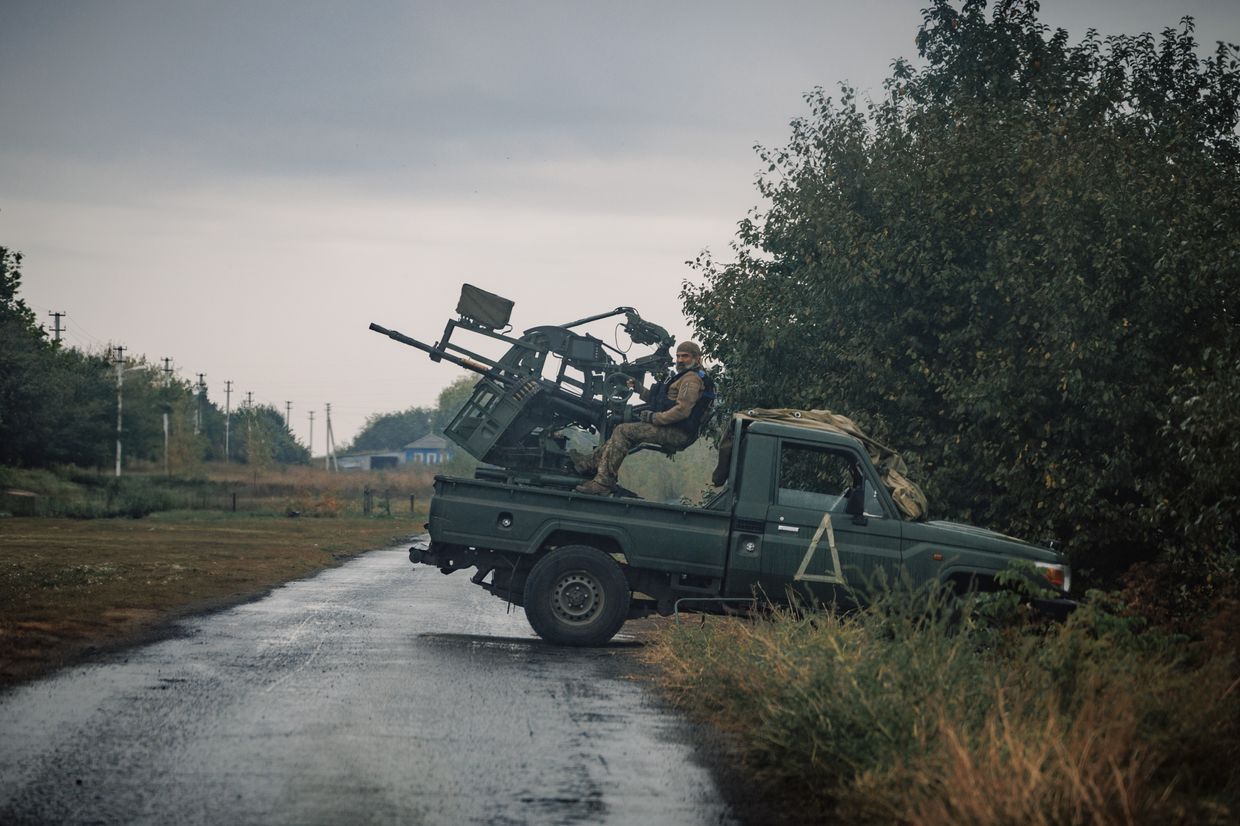
Trump says Russia-Ukraine war 'gotta stop'
U.S. President-elect Donald Trump said at a Mar-a-Lago event in Florida on Nov. 14 that his administration will focus on the Russia-Ukraine war.
“We’re going to work very hard on Russia and Ukraine. It’s gotta stop. Russia and Ukraine’s gotta stop,” Trump said at an event in Florida on Nov. 14, according to CNN. “Whether they’re soldiers or they’re people sitting in towns, we’re going to work it.”
Trump secured victory in the 2024 U.S. presidential election, adding further uncertainty for Ukraine regarding the future of Western military aid and its defense against the ongoing Russian full-scale invasion.
Reacting to the election result, President Volodymyr Zelensky said in a Nov. 15 interview with Suspilne that the war “will end faster” under the policies of Trump’s administration, set to take office in January 2025.
“A just peace is very important for us so that there is no feeling that we have lost the best for the sake of injustice imposed on you (Ukrainians). The war will end, but there is no exact date,” Zelensky said.
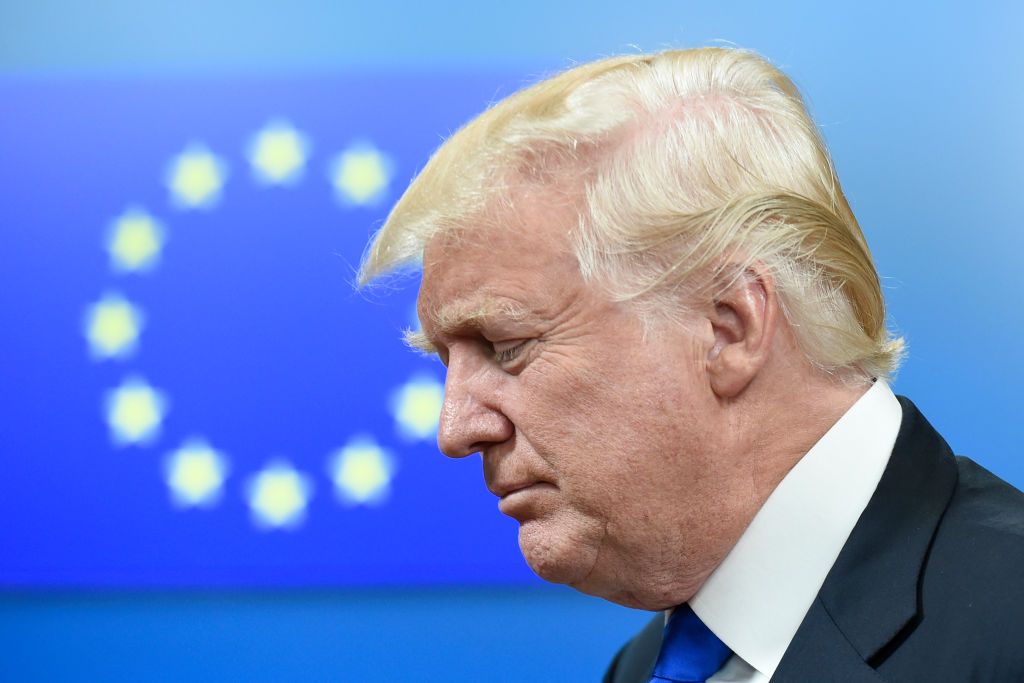
“Certainly, with the policies of this team that will now lead the White House, the war will end faster. This is their approach, their promise to their society, and it is also very important to them.”
Zelensky noted that he and Trump had a “constructive interaction,” during which Ukraine presented its vision for peace. “He (Trump) heard the basis on which we stand. I did not hear anything contrary to our position,” Zelensky said.
When asked whether Trump had demanded Kyiv negotiate with Moscow, Zelensky emphasized Ukraine’s independence.
“During this war, both our people and I personally, in negotiations with the U.S. — with Trump, Biden, and European leaders — have shown that the rhetoric of ‘Sit down and listen’ does not work with us,” he said.
Trump, during a campaign event on Oct. 14, claimed to have “gotten along very well with (Vladimir) Putin” during his first term (2017–2021) and suggested that Putin had expressed ambitions to control Ukraine.
“It (Ukraine) was the apple of his eye; he used to talk about it. But I said, ‘You’re not going in,’ and he wasn’t going in,” Trump said.
Following his electoral victory, Trump allegedly warned Putin in a phone call not to escalate the war, though the Kremlin later denied that such a call had occurred.
U.S.-Russia relations have soured since Moscow’s full-scale invasion of Ukraine in February 2022, rendering Putin a persona non grata in much of the Western world.
Ukrainian military fighting in Russia to receive additional financial rewards
Ukrainian soldiers will receive additional financial rewards for completing combat missions in Russia, Taras Melnychuk, the Ukrainian government’s representative in parliament, announced on Nov. 15.
The update applies primarily to those currently involved in combat in Russia’s Kursk Oblast. Kyiv launched the surprise offensive into Kursk in August, and while Russian forces have recaptured about half of the territory initially lost, fighting continues.
The Cabinet of Ministers has amended two resolutions regarding payments to military personnel, extending the regulations to include troops serving on Russian territory, according to Melnychuk.
Ukrainian military personnel operating in Russia during martial law will receive an additional monthly payment of 100,000 hryvnias ($2,400), proportional to the time spent on combat missions there. They will also receive a lump sum payment of 70,000 hryvnias ($1,700) for every 30 days of combat, cumulatively calculated.
Soldiers and officers from the State Emergency Service, National Anti-Corruption Bureau’s Special Operations Department, and police officers performing missions in Russia will also receive the 100,000 hryvnias ($2,400) bonus.
Additional payments of 100,000 hryvnias ($2,400) will be made to soldiers wounded while on duty in Russia. In the event of death during a combat mission in Russia, the soldier’s relatives will receive a one-time payment of 15 million hryvnias ($363,000).
Ukrainian forces are currently holding off nearly 50,000 Russian troops in the Kursk area, President Volodymyr Zelensky said in mid-November.
The Kursk incursion was designed to preempt a Russian plan to invade Sumy Oblast in order to create a “buffer zone” in Ukraine’s north and draw Russian forces away from the steadily advancing front in Donetsk Oblast, the Ukrainian military reported.
According to Commander-in-Chief Oleksandr Syrskyi, Russian forces have lost 7,905 soldiers killed, 12,220 wounded, and 717 captured over the three months of the Kursk offensive.
